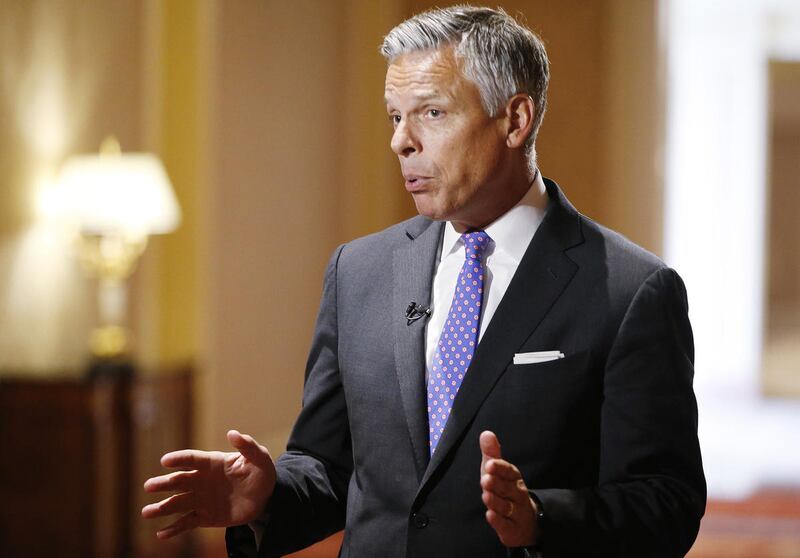Like a giant butterfly flitting its wings in a distant country, reverberations from a slumping Chinese economy are being felt across the U.S. and the globe. As the second largest economy in the world, it is not surprising that what happens in China does not stay in China. What may be surprising to some is the breadth and depth of this Chinese butterfly effect.
Last week’s meltdown on Wall Street resulted, in part, from the precipitous decline of the Shanghai Stock Exchange combined with further indications of a slowdown in the Chinese economy and an overvalued yuan. This was the second tremor coming out of China in the past six months.
The first tremor was felt over the summer when, in only a few days, the value of the Shanghai Stock Exchange fell by over one-third. That is the equivalent of the Dow dropping around 6,000 points. As it was, that first tremor caused the Dow to plunge 1,000 points in one day, one of the largest single-day drops since Oct. 29, 1929, also known as “Black Tuesday,” the harbinger to the Great Depression.
All this serves as a jolting reminder that we operate in a truly global economy and that the U.S. economy is not isolated from the rest of the world. In the context of the 2016 presidential election, the point is starker than ever that the U.S. needs national leaders who understand foreign policy from both an economic and geopolitical standpoint.
Utah business and community leaders had the opportunity to hear last week from one such national leader, Jon Huntsman Jr., former Utah governor and U.S. Ambassador to China. The purpose of Huntsman’s return to Utah was to provide insight into what is happening in China and what Utah businesses can do to mitigate the risks and take advantage of the opportunities in the global marketplace.
The depth of Huntsman’s knowledge was evident as he addressed questions ranging from the Shanghai Stock Exchange to the nuances of the Communist Party of China’s power structure to the importance of foreign policy in the current presidential primary debates. As a fluent Mandarin speaker, it is clear that Huntsman not only understands Chinese, he understands China.
Huntsman shared his perspective on China transitioning to a consumer based economy and its growing middle class. As he explained, the wealth of a new middle class led to increased investments in China’s two stock markets, spurred by strong encouragement by the state-run media. Over-exuberance led to over-inflated values, and unsophisticated investors with a lack of objective information were a catalyst for the current panic. That panic spread internationally as efforts by Chinese government authorities to curtail the spiral were perceived as ineffective.
As governor of Utah, Huntsman established a vision for economic development in the state and laid the foundation, including reducing tax rates and increasing corporate recruitment efforts, that paved the way for Utah to take its current standing as the hottest economy in the country. As U.S. ambassador to China, Huntsman employed his diplomatic skills to build cultural bridges and strengthen diplomatic relationships designed to expand trade opportunities between the world’s two largest economies.
As a presidential candidate in the 2012 election, Huntsman can sympathize with what the current contenders for the White House are going through. Although he is not on the campaign trail and has not teamed with or endorsed any particular presidential candidate, those contenders would be wise to seek his counsel. In the areas of foreign policy and international trade, they and the country would benefit from his experience and wisdom.
Derek B. Miller is the president and CEO of World Trade Center Utah. Previously he was chief of staff to Gov. Gary Herbert (R-Utah) and managing director of the Governor’s Office of Economic Development.


